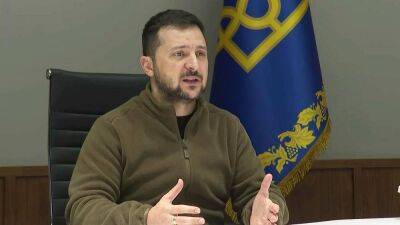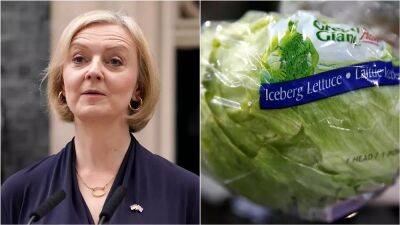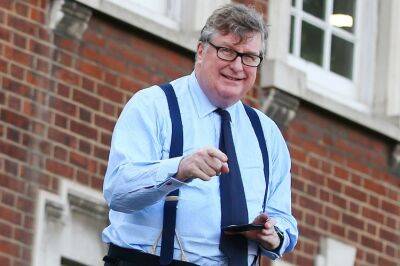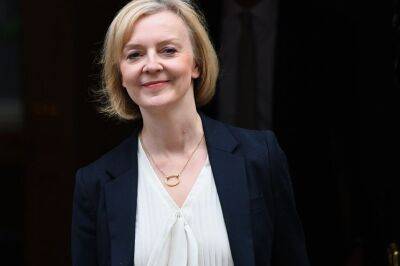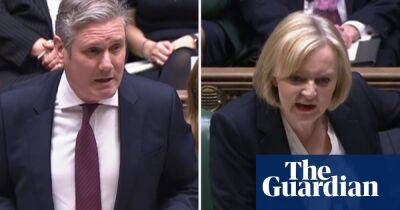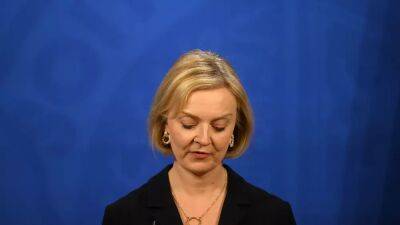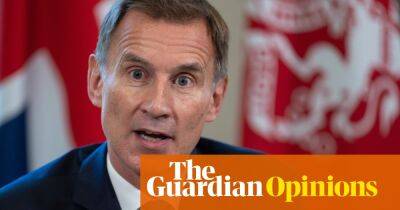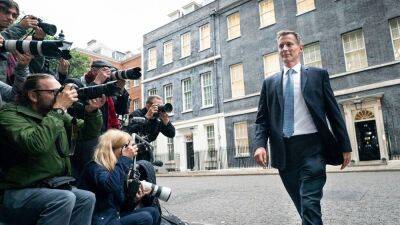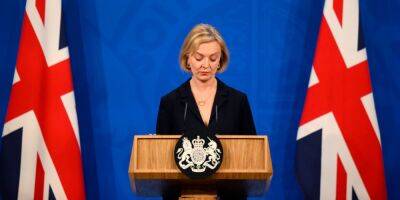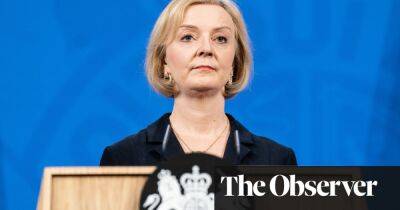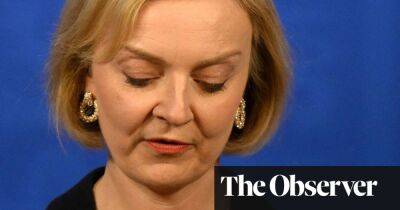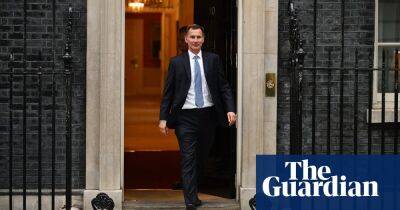Truss timeline: Key events in three months of political chaos in British politics
UK Prime Minister Liz Truss has been in office for fewer than 40 days but has been forced into a humiliating U-turn on planned tax cuts that formed the core of her economic programme.
After a period of market turmoil and political chaos prompted by government policy, Truss has sacked her Chancellor (finance minister) Kwasi Kwarteng.
Here are the key events in an extraordinary three months of political melodrama.
Thursday 7 July: Prime Minister Boris Johnson announces his resignation after one scandal too many prompts droves of top government officials to quit. He steps down immediately as Tory party leader but will stay on in Downing Street until a successor is chosen.
Sunday 10 July: Foreign Secretary Liz Truss enters the party leadership contest, joining a crowded field of 11 candidates in the race to succeed Johnson. Launching her campaign with an article in the Telegraph, she pledges to cut taxes "from day one" if she wins.
Wednesday 13 July: By the second round of voting among Conservative MPs, Truss is in third place with 64 votes in a field that has been narrowed to six candidates. The frontrunner, Britain's finance minister Rishi Sunak, has 101 votes.
Wednesday 20 July: The day after another round sees Truss close the gap, the final vote among MPs sees the foreign secretary narrowly overtake rival Penny Mordaunt to face a run-off for the leadership with Sunak. The outcome will be decided by Conservative Party members after a summer campaign. Whereas Sunak has topped each poll among lawmakers, Truss is more popular with the party’s grassroots and is a favourite of its right wing.
Monday 25 July: Sparks fly in a TV debate between the two rivals. Truss promises again to cut taxes as soon as she takes office, using
Read more on euronews.com
